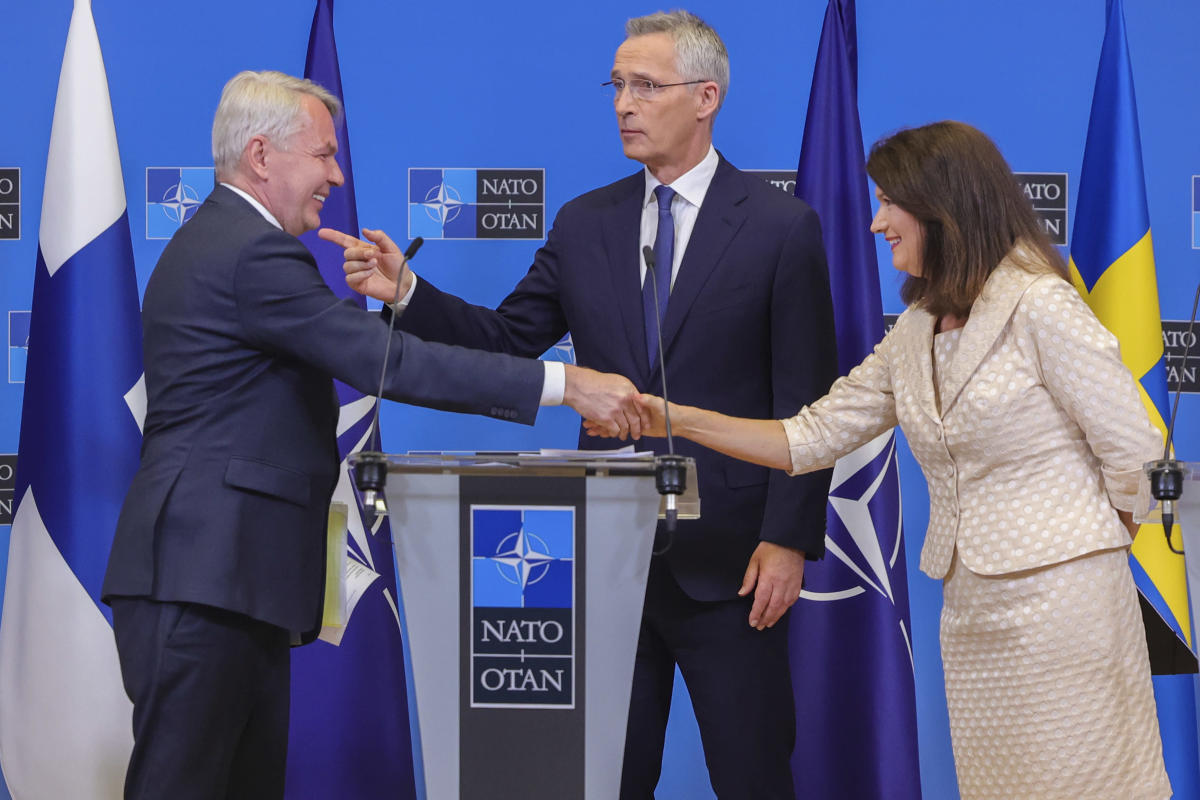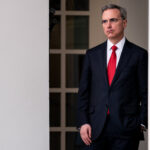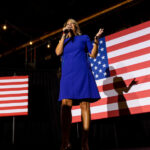
WASHINGTON (AP) — Senators moved toward what was expected to be an overwhelming, bipartisan vote Wednesday approving NATO membership for Finland and Sweden, calling expansion of the Western defensive bloc a “slam-dunk” for U.S. national security and a day of reckoning for Russian President Vladimir Putin over his invasion of Ukraine.
Senators invited the ambassadors of the two Nordic nations to witness the debate and the vote, a crucial step in opening a new era for the now 30-member North Atlantic Treaty Organization and its 73-year-old pact of mutual defense among the United States and democratic allies in Europe.
President Joe Biden has sought quick entry for the two previously non-militarily aligned northern European nations. Their candidacies have won ratification from more than half of the NATO member nations in the roughly three months since the two applied, a purposely rapid pace meant to send a message to Russia over its six-month-old war against Ukraine’s West-looking government.
“It sends a warning shot to tyrants around the world who believe free democracies are just up for grabs,” Sen. Amy Klobuchar, D-Minn., said in the Senate debate ahead of the vote.
“Russia’s unprovoked invasion has changed the way we think about world security,” she added.
Senate Minority Leader Mitch McConnell, who visited Kyiv earlier this year, urged unanimous approval, and the vote was expected to near that. Speaking to the Senate, McConnell cited Finland’s and Sweden’s well-funded, modernizing militaries and their experience working with U.S. forces and weapons systems, calling it a “slam-dunk for national security” of the United States.
“Their accession will make NATO stronger and America more secure. If any senator is looking for a defensible excuse to vote no, I wish them good luck,” McConnell said.
Sen. Josh Hawley, a Missouri Republican who often aligns his positions with those of the most ardent supporters of former President Donald Trump, has been one of the few to speak in opposition. Hawley took the Senate floor to call European security alliances a distraction from what he called the United States’ chief rival — China, not Russia.
“We can do more in Europe … devote more resources, more firepower … or do what we need to do to deter Asia and China. We cannot do both,” Hawley said, calling his a “classic nationalist approach” to foreign policy.
Senate Majority Leader Chuck Schumer, D-N.Y., said he and McConnell had committed to the country’s leaders that the Senate would approve the ratification resolution “as fast as we could” to bolster the alliance “in light of recent Russian aggression.”
A late-afternoon vote was expected after debate on the measure and amendments. One amendment from Sen. Rand Paul, R-Ky., would ensure that NATO’s guarantee to defend its members does not replace a formal role for Congress in authorizing the use of military force. Another from Sen. Dan Sullivan, R-Alaska, would declare that all NATO members should spend a minimum of 2% of their gross domestic product on defense and 20% of their defense budgets on major equipment, including research and development.”
Sweden and Finland applied in May, setting aside their longstanding stance of military nonalignment. It was a major shift of security arrangements for the two countries after neighboring Russia launched its war on Ukraine in late February. Biden encouraged their joining and welcomed the two countries’ government heads to the White House in May, standing side by side with them in a signal of U.S. backing.
The U.S. and its European allies have rallied with newfound partnership in the face of Russian President Vladimir Putin’s aggression, strengthening the NATO alliance first formed after World War II.
“Enlarging NATO is exactly the opposite of what Putin envisioned when he ordered his tanks to invade Ukraine,” Sen. Bob Menendez, a New Jersey Democrat and chairman of the Senate Foreign Relations Committee, said Wednesday, adding that the West could not allow Russia to “launch invasions of countries.”
Biden sent the protocols to the Senate for review in July, launching a notably speedy process in the typically divided and slower-moving chamber.
Each member government in NATO must give its approval for any new member to join. The process ran into unexpected trouble when Turkey raised concerns over adding Sweden and Finland, accusing the two of being soft on banned Turkish Kurdish exile groups. Turkey’s objections still threaten the two countries’ membership.
___
Follow AP’s coverage of NATO at https://apnews.com/hub/nato.




